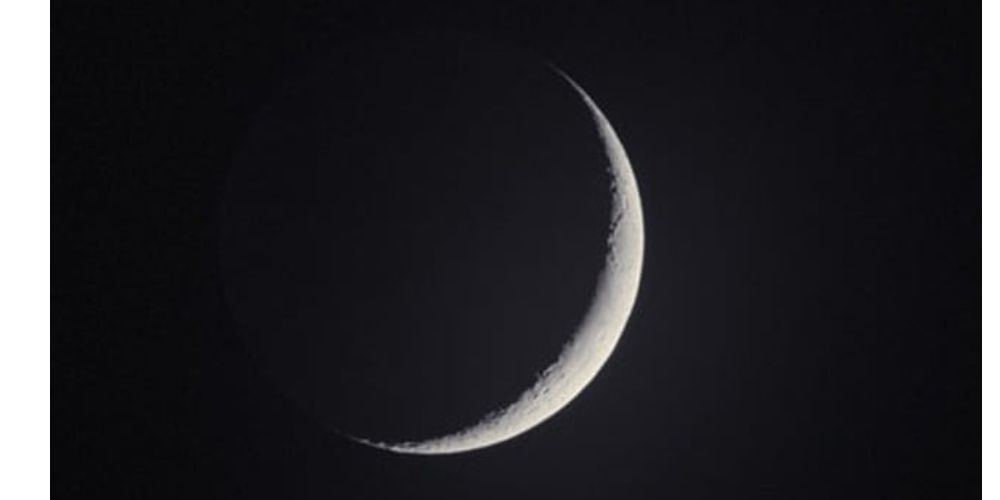The committee meeting is scheduled to start on Thursday, April 20, according to Khalid Ijaz Mufti, the secretary general of the council, to order to sight the Shawwal moon.
Eid-ul-Fitr will be celebrated on Friday, April 21, if the crescent is seen on Thursday evening. But he went on to say that it was unsure that the moon would be seen that evening.
As soon as the holy month of Ramazan’s 30 days of fasting is through, he stated that Eid would most likely occur on April 22.

The council believes that the moon is going to be born on Thursday, April 20, at 9:13 am Pakistan time. The moon should be visible on the evening of Ramadan 29 if its age at sunset is greater than 19 hours. It was noted that it would be less than 10 hours in the entirety of Pakistan.
In Peshawar, Gilgit, Muzaffarabad, Charsadda, Islamabad/Rawalpindi, Quetta, and Jiwani, the delay between sunset and moonset, which should be more than 40 minutes, will only be 21 minutes, while it will be 20 minutes in Lahore and Karachi.
The moon will not be seen on April 20 at night, not even with a telescope, according to the report, even if the weather is clear throughout Pakistan.
The 30th of Ramadan will be held on April 21 and the first of Shawwal will be observed on April 22, according to the mufti. Additionally, he declared that any claims of seeing a crescent on April 20 in any Pakistani province, city, or location would be untrue.
The moon will be older than 33 hours at sunset on April 21st throughout all of Pakistan, according to his prediction. The time between sunset and moonset will also shift by an amazing 80 minutes.
He added that as a result, the crescent will be heavy and late on the night of the 30th fast, leading some individuals to believe it is not the first crescent, but rather one that is two days old. But it will be regarded as the first crescent in terms of Sharia and astronomy.
Muslims maintain a rigorous fast from sunrise to sunset for the whole holy month of Ramazan, which ends with Eidul Fitr. Typically, family reunions, dining, and prayers are all part of the holiday celebration.
The sighting of the crescent moon, which heralds the start of the Islamic month of Shawwal, specifies the precise day of Eidul Fitr.


